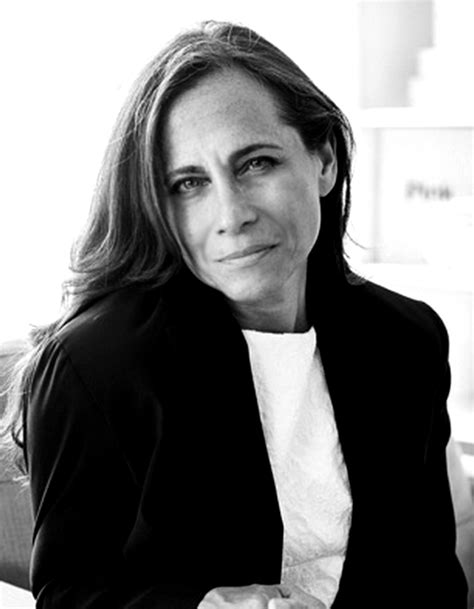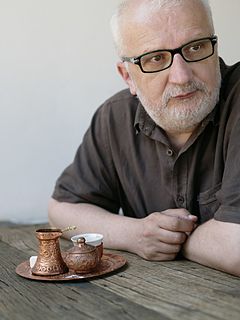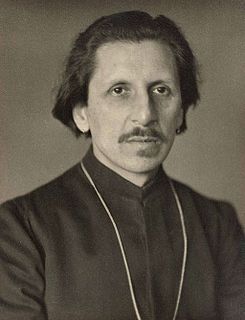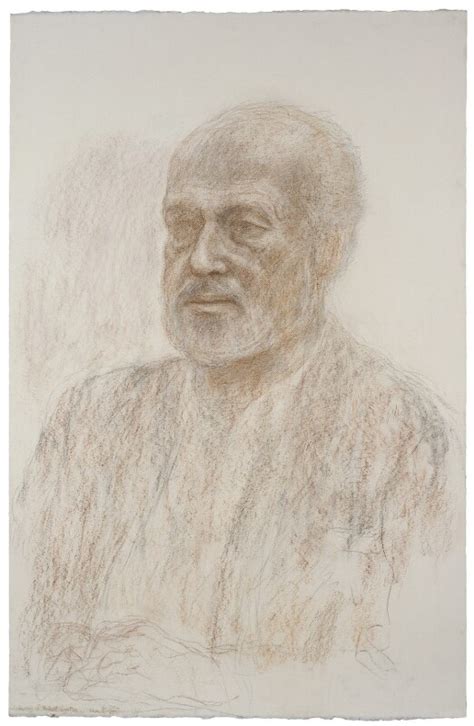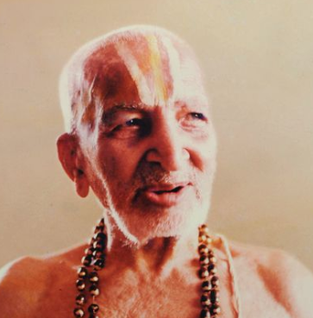A Quote by G. I. Gurdjieff
Ancient art has a specific inner content. At one time, art possessed the same purpose that books do in our day, namely: to preserve and transmit knowledge. In olden days, people did not write books, they incorporated their knowledge into works of art. We would find a great many ideas in the works of ancient art passed down to us, if only we knew how to read them.
Related Quotes
Our time and attention is scarce. Art is not that important to us, no matter what we might like to believe... Our love of art is often quite temporary, dependent upon our moods, and our love of art is subservient to our demand for a positive self image. How we look at art should account for those imperfections and work around them. Keep in mind that books, like art museums, are not always geared to the desires of the reader. Maybe we think we are supposed to like tough books, but are we? Who says? Many writers (and art museums) produce for quite a small subsample of the... public.
Our task is not to find the maximum amount of content in a work of art, mush less to squeeze more content out of the work than is already there. Our task is to cut back on content so we can see the thing at all. The aim of all commentary on art now should be to make works of art - and, by analogy, our own experience - more, rather than less, real to us.
Through our own creative experience we came to know that the real tradition in art is not housed only in museums and art galleries and in great works of art; it is innate in us and can be galvanized into activity by the power of creative endeavour in our own day, and in our own country, by our own creative individuals in the arts.
If men were able to be convinced that art is a precise advance knowledge of how to cope with the psychic and social consequences of the next technology, would they all become artist? Or would they begin a careful translation of new art forms into social navigation charts? I am curious to know what would happem if art were suddenly seen for what it is, namely, exact information of how to rearrange one's psyche in order to anticipate the next blow from our own extended faculties.
All human action is expressive; a gesture is an intentionally expressive action. All art is expressive - of its author and of the situation in which he works - but some art is intended to move us through visual gestures that transmit, and perhaps give release to, emotions and emotionally charged messages. Such art is expressionist.
I think you too recognize the important relationship between philosophy and art, and it is just this relationship that most painters deny. The great masters do grasp it, unconsciously; but I believe that a painter's conscious spiritual knowledge will have a much greater influence upon his art, and that it would be due only to a weakness in him, or lack of genius, should this spiritual knowledge be harmful to his art.

